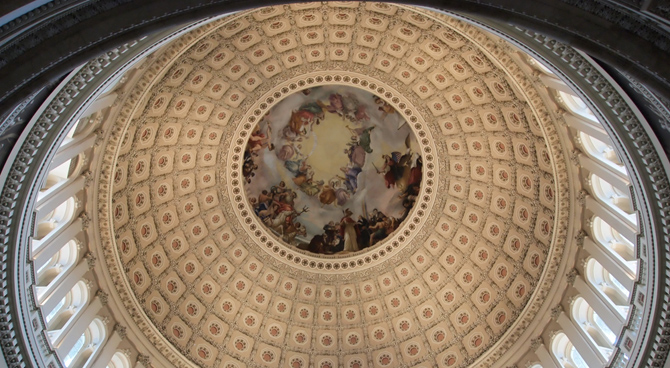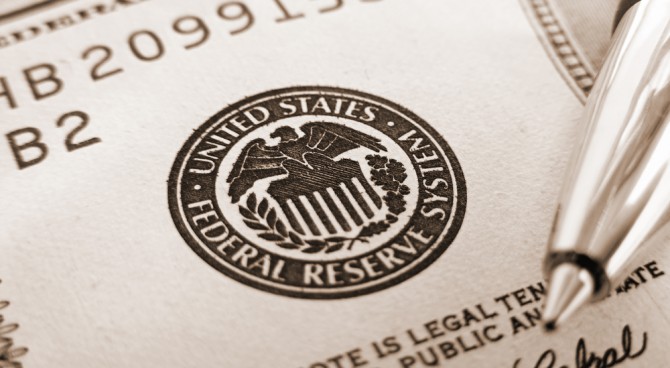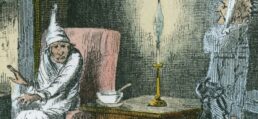In the 1840s, Dickens didn’t see how businessmen like his hero were already lifting mankind from poverty.
By Phil Gramm and Mike Solon
Dec. 23, 2020 5:36 pm ET
No Christmas story except the biblical account of Jesus’ birth has been more often retold or more cherished than Charles Dickens’s “A Christmas Carol,” published in 1843. The reclamation of Ebenezer Scrooge has brought joy and hope to hundreds of millions of people across three centuries. “Scrooge” has become an eponym for stingy or miserly. We write in defense of this Ebenezer Scrooge, not the redeemed one.
Scrooge is a distilled caricature of a businessman in the Victorian era: a rich, obsessive wealth hoarder. Working in “his moldy old office,” living in “his dusty chambers” in a building so old and dreary that “nobody lived in it but Scrooge,” he was “a tight-fisted hand at the grindstone.” He strove from dawn till dusk to “understand his own business,” and “with his banker’s-book” he trudged home in the dark “to take his gruel” alone by a dying fire.
We meet Scrooge on Christmas Eve, when he is visited in his cold, dingy “counting-house” by his nephew, who urges him to stop working: “You’re rich enough.” The young man begs his uncle to join him in making merry on Christmas Day. Concerned about finding himself “a year older, but not an hour richer,” Scrooge answers that he will keep Christmas in his own way, by working.
It should be understood there is nothing unethical about Ebenezer Scrooge. In his view business “is the even-handed dealing of the world,” and “there is nothing on which it is so hard as poverty.” His great failing, in the words of his former fiancée, whom he gave up to marry his business, was that he had become a prisoner of “the master-passion, Gain.”
Scrooge’s reclamation begins on Christmas Eve when the ghost of his dead partner, Jacob Marley, visits to tell of his “life’s opportunity misused.” When Scrooge recalls his partner was “always a good man of business,” Marley’s ghost cries out “Mankind was my business. The common welfare was my business: charity, mercy, forbearance and benevolence were all my business. The dealings of my trade were but a drop of water in the comprehensive ocean of my business.”
Marley tells Scrooge that the three spirits will visit him this Christmas Eve to begin his salvation. Here we begin our defense of history’s most notorious wealth accumulator. It does not appear that Dickens seriously considered the possibility that Scrooge and Marley’s business contributed to the common welfare of mankind. Like Scrooge, Marley created and accumulated wealth, leaving it to Scrooge, who continued to invest and accumulate. When Dickens has Scrooge’s nephew say his uncle’s wealth “is of no use to him” because he doesn’t spend it, it is made clear that Dickens never considered who Scrooge’s wealth was useful to.
Dickens and many Victorian authors were moved by a mass of poor people, who had been largely invisible in rural Britain but became all too visible as they surged into the cities to work in factories. Since the Roman Empire, no one had experienced anything resembling sustained economic progress. When wages had grown in the past after periods of pestilence, population surged and wages fell again. For all Dickens knew or could envision, the only hope for the poor was charity. Yet unknown to him and his contemporaries, a revolution was beginning at the moment “A Christmas Carol” was published. The Market Revolution, funded by the thrift of Britain’s Scrooges, was already enriching mankind.
While the literature of the Victorian era paints a dark picture of mid-19th-century life in England, virtually every official measure of well-being shows the period from 1840-1900 to have been the beginning of a golden age for workers. Wages, stagnant for more than 600 years, exploded during the Victorian era—rising from less than $567 a year in 1840 to $1,216 in 1900 (expressed in 1970 dollars). Life expectancy rose by 20%. Literacy rates soared. As wages rose, the quantity and quality of nutrition improved dramatically, want diminished rapidly, and the mortality rate for Victorian children plummeted. Child labor, once necessary for survival, gave way to steadily rising school enrollment and made ignorance a dark memory. There had never been a comparable period of broad-based prosperity in all of recorded history—and, most amazingly, the progress has never ended.
Who then benefited from the accumulated wealth of Scrooge and Marley? First Britain and then all mankind. Since Scrooge and Marley never consumed the wealth they created, its use was a gift to all. It funded the factories and railroads, the tools and jobs that fed and clothed millions of British subjects and then billions around the world. Their unspent wealth was of no use to them, but it was of sublime use to humanity.
Even as Dickens’s Ghost of Christmas Present pulled back his robe to reveal the children who embodied Ignorance and Want, the wealth accumulated by Scrooge was already beginning the long drive that would do more to end ignorance and want than all the governments and charities that ever existed. Scrooge’s wealth accumulation would have benefited far more people than anything he gave to charity after his reclamation, and many times more than government would have helped had they taken his wealth and spent it.
So on Christmas, as we celebrate the promise of human redemption and join in repeating Ebenezer Scrooge’s famous pledge, “I will honor Christmas in my heart and try to keep it all the year,” let us also remember the contributions that Scrooge and Marley and the wealth accumulators of our own age have made as “the founders of our feast.”
Mr. Gramm is a former chairman of the Senate Banking Committee. Mr. Solon is a partner of U.S. Policy Metrics.





